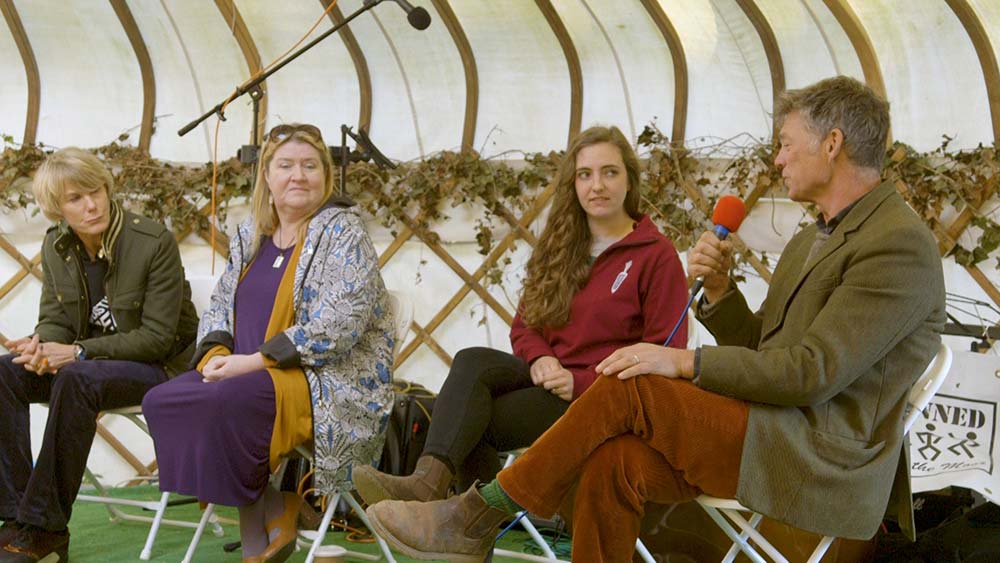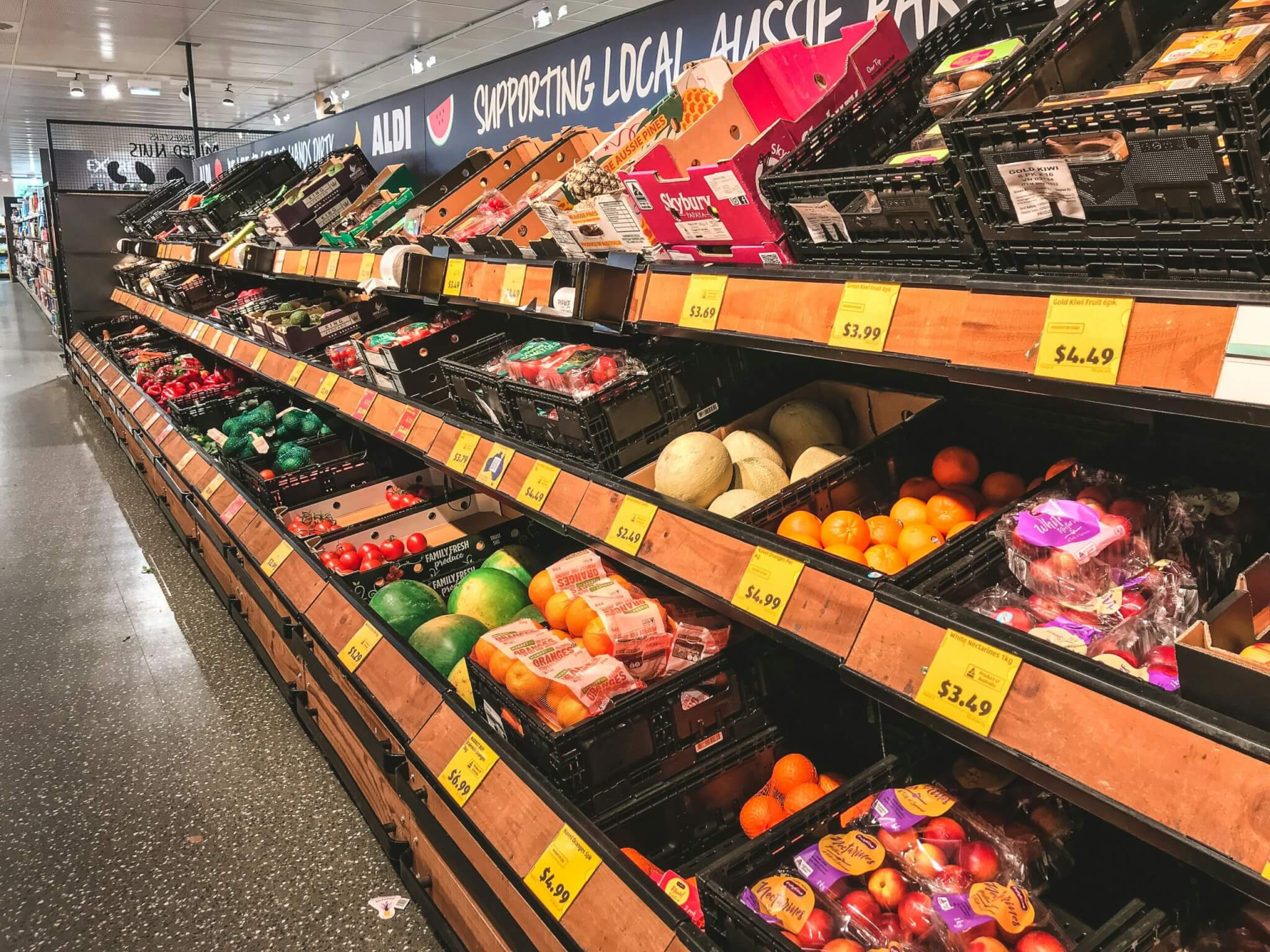The anti-plastic movement is a milestone gateway that could prompt both businesses and consumers to start thinking on a larger scale about their environmental impact.
That was one of the key messages that came out of the first-ever plastic debate hosted by Riverford at its farm headquarters near to Totnes. The event took place last weekend as part of the company’s legendary Pumpkin Day festival, which this year was a sell-out attended by almost 2,000 visitors from across Devon.
Panellists on the debate included founder Guy Singh-Watson, Sian Sutherland, co-founder of campaign group A Plastic Planet, Jackie Young, head of the campaign to turn Plymouth plastic free, and Robyn Copley-Wilkins, packaging technologist at Riverford, who has spearheaded the company’s upcoming move to home compostable packaging materials.
Sutherland, who runs a campaign to try and get supermarkets to turn one aisle plastic-free, said: “What has been very interesting on the plastic pollution front is that it’s almost a gateway for people to start thinking, well hang on, if we’re doing this, what else are we doing that is harming the planet?”
Speaking about her work in Plymouth aiming to reduce plastic use, Young said: “Small businesses are quite risk averse, so if they make one small change that gets a good response, that then encourages them to look a bit further ahead. So it might be that they then look at their energy supplier, or their carbon footprint, and they start to realise that the potentially small action they took on plastic is part of a bigger programme.”
Riverford packaging technologist, Robyn Copley-Wilkins, has spent the last eight months researching sustainable packaging materials as part of the company’s move to home compostable. The company will be switching to cellulose-based packaging to replace plastic, and it has already replaced its plastic netting for citrus and onions to beech wood.
“By the end of 2020, Riverford is going to move to home compostable. It’s actually a real alternative to plastic so there’s no falsified materials or oil in there – what it will be made from is cellulose from trees,” she said. “When a tree is made into paper you can keep stripping it down, and what you end up with is molecules that you can join together into something that has a very plastic-like feel, but is more breathable, so it has properties we can use on our fruit and vegetables but we can also use it with our usual packing machinery.
“One of the really great things that has come out of this movement against plastic is the funding and opportunity for universities and research organisations to really get involved in packaging alternatives,” she added.
Paper will be the next material to come under scrutiny, according to Copley-Wilkins, as people start to ask how far paper has travelled, and whether forestry systems are sustainable.
Speaking at the debate, Guy Singh-Watson, who was interviewed on Radio 4’s Costing the Earth programme on the subject of plastic recently, said he believes home compostable packaging is the right way to go.
“I don’t think it’s a perfect solution, but I think it’s the best we can do seeing that only nine per cent of plastics are actually recycled. There is no point producing recyclable plastic and saying we’ve done our job, if 91 per cent of them aren’t recycled anyway, it’s useless.
“Treating our environment as a receptacle for waste is just unacceptable, and I do really welcome the campaign around plastic as a signal that it’s becoming less acceptable,” he said. “But I will continue to say that the single biggest challenge facing our planet by a long, long way is climate change, and I do have some concerns that the campaign around plastic is a distraction.”













0 Comments